The supermassive black hole, which weighs as much as 4.3 million suns, is only the second ever to be imaged.
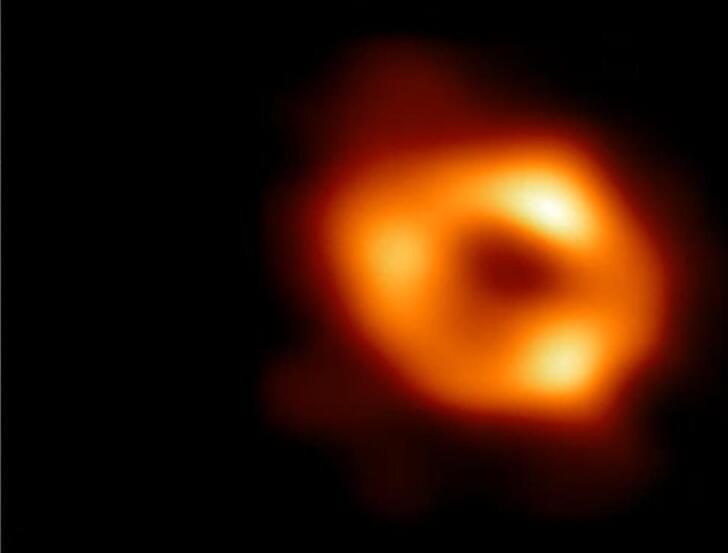

Update: Meet Sagittarius A — Astronomers Reveal First Image of the Black Hole at the Heart of the Milky Way Today (May 12, 2022) at 9:00 a.m. EDT (6:00 a.m. PDT, 15:00 CEST) The European Southern Observatory (ESO) and the Event Horizon Telescope (EHT) project will hold a press conference to pres.
Update: Stunning Reveal: First Image of the Black Hole at the Center of Our Milky Way Galaxy
Today (May 12, 2022) at 9:00 a.m. EDT (6:00 a.m. PDT, 15:00 CEST) The European Southern Observatory (ESO
Created in 1962, the European Southern Observatory (ESO), is a 16-nation intergovernmental research organization for ground-based astronomy. Its formal name is the European Organisation for Astronomical Research in the Southern Hemisphere.
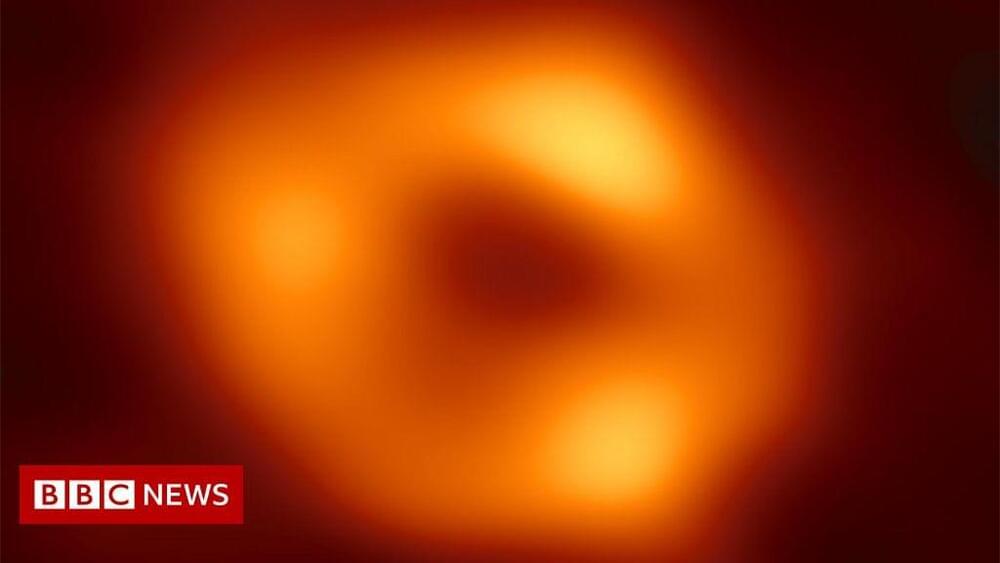
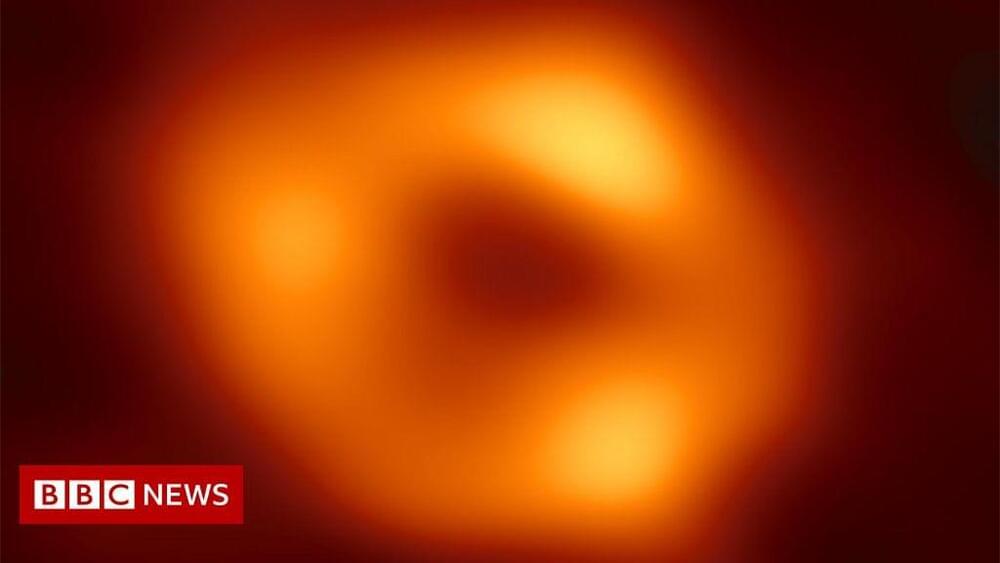

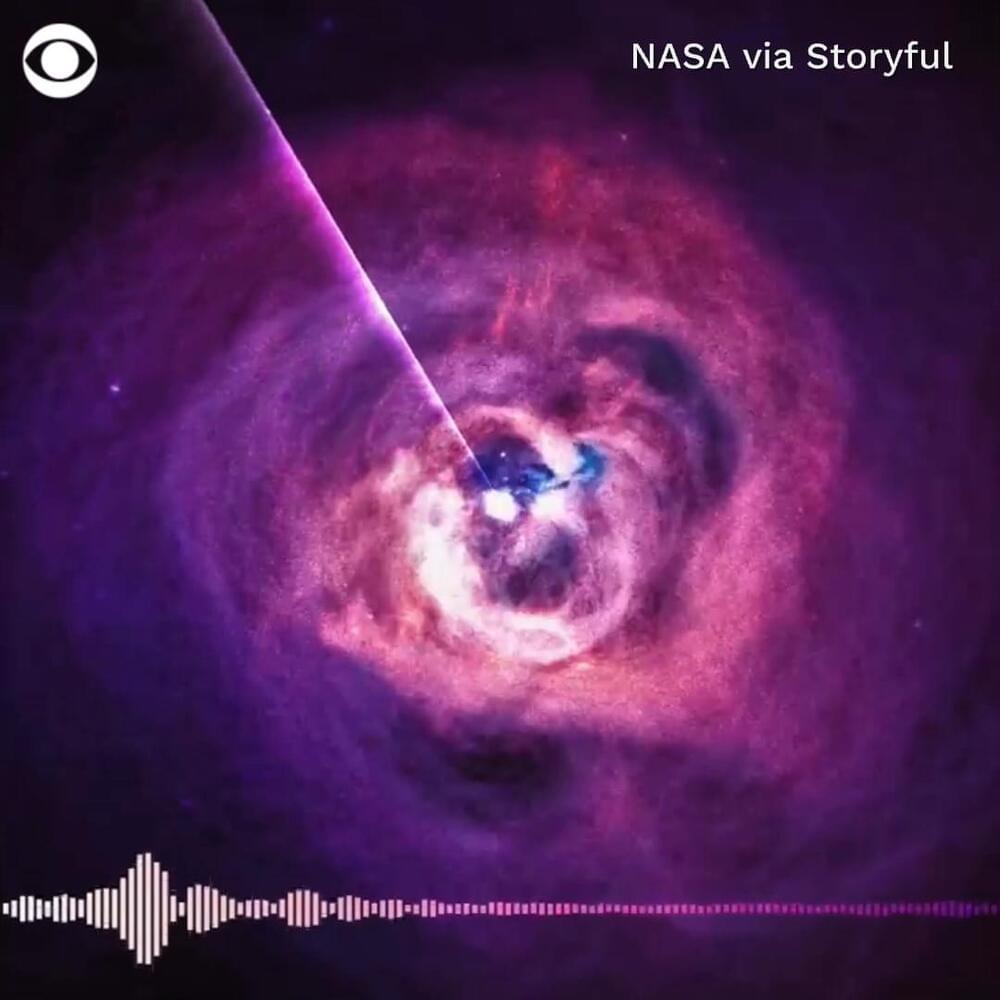
Leonard Susskind (Stanford University)
https://simons.berkeley.edu/events/quantum-colloquium-black-…ing-thesis.
Quantum Colloquium.
A few years ago three computer scientists named Adam Bouland, Bill Fefferman, and Umesh Vazirani, wrote a paper that promises to radically change the way we think about the interiors of black holes. Inspired by their paper I will explain how black holes threaten the QECTT, and how the properties of horizons rescue the thesis, and eventually make predictions for the complexity of extracting information from behind the black hole horizon. I’ll try my best to explain enough about black holes to keep the lecture self contained.
Panel featuring Scott Aaronson (UT Austin), Geoffrey Penington (UC Berkeley), and Edward Witten (IAS); Umesh Vazirani (UC Berkeley; moderator). 1:27:30.
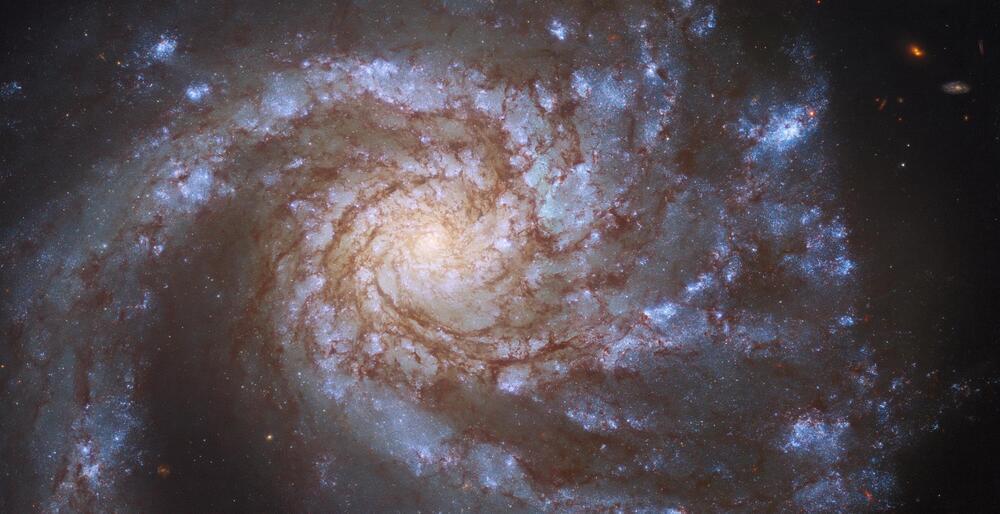
The swirling spiral of the elegant galaxy M99 is on display in this week’s image from the Hubble Space Telescope. As a prototypical spiral galaxy, like our Milky Way, M99 has the classical rotating disk of stars, gas, and dust, which is concentrated and bright in the center and reaches out into space with spiral arms. But his particular galaxy isn’t just any spiral galaxy — it is a “grand design” spiral galaxy, a classification given to the neatest and most orderly spiral galaxies whose arms are particularly prominent and well-defined.
The galaxy M99 is located in the constellation of Coma Berenices and is around 42 million light-years from Earth. As well as being visually stunning, this galaxy is an interesting target of research and has been imaged by Hubble’s Wide Field Camera 3 instrument twice, for two different research projects.
The first project M99 was observed for is one which looked at the difference between two types of explosions that can occur at the end of a star’s life: Novae and supernovae. Supernovae are the more dramatic, famous events, in which massive stars run out of fuel and explode in huge, bright events which can send out shockwaves and leave behind distinctive remnants. The less famous novae are dimmer events that happen when white dwarfs in a binary system with a larger star suck off layers of matter from that star’s outer shell.

Sanctions imposed on Russia over its invasion of Ukraine are forcing lenders and businesses to pull out of the country.
This visualization shows 22 X-ray binaries in our Milky Way galaxy and its nearest neighbor, the Large Magellanic Cloud, that host confirmed stellar-mass black holes. The systems are depicted at the same physical scale, and their orbital motion is sped up by nearly 22,000 times. The view of each bin.
This visualization shows 22 X-ray binaries in our Milky Way.
The Milky Way is the galaxy that contains the Earth, and is named for its appearance from Earth. It is a barred spiral galaxy that contains an estimated 100–400 billion stars and has a diameter between 150,000 and 200,000 light-years.